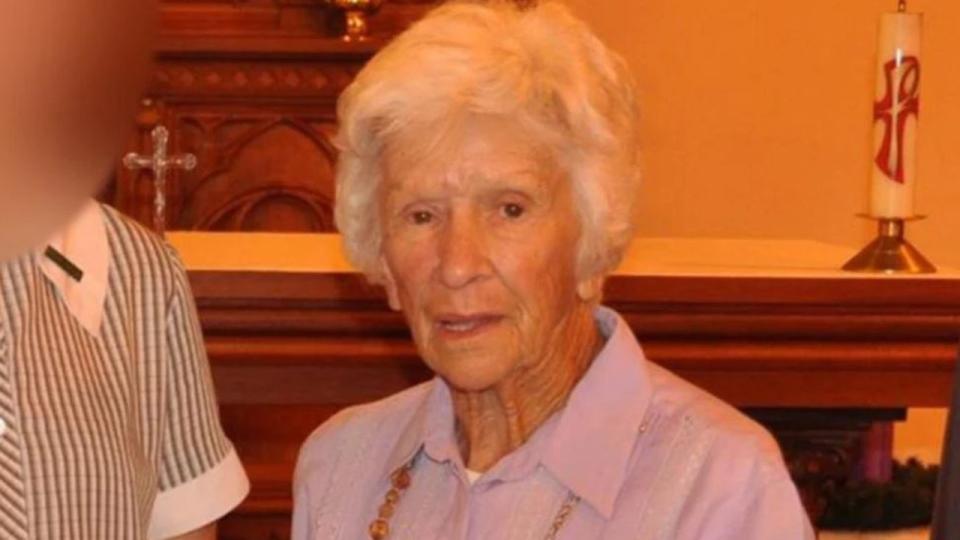Teen hospitalised, police ‘use of force’ probed

Police responsible for the training of officers have been questioned over what constitutes an appropriate use of force and proper conduct when dealing with youth, after a 14-year-old Indigenous boy was hospitalised following his arrest.
The teenager was tackled to the ground by plain clothes police officers and arrested. He was later treated by an ambulance near the scene, and required an overnight stay in hospital.
The incident occurred in September 2022 in northern NSW and forms the Law Enforcement Conduct Commission (LECC)’s independent inquiry Operation Mantus, which examined the conduct of police officers during the case.

The continued investigation comes just days after 95-year-old great-grandmother Clare Nowland was allegedly tasered by Senior Constable Kristian White, 33, who is facing charges of recklessly causing grievous bodily harm, assault occasioning actual bodily harm and common assault.
Ms Nowland died at Cooma Base Hospital on Wednesday night after the alleged tasering caused her to fall and hit her head.
The NSW Police Commissioner Karen Webb has since launched a critical incident investigation around the circumstances surrounding Ms Nowland’s alleged tasering, which will been overseen by the LECC.

Thursday’s public probe focused on the training which officers receive when obtaining an associate degree of policing practice (ADPP).
NSW Police Force Associate Degree in Policing Practice co-ordinator, Senior Sergeant Andrew Pocock, said students are taught the “use of force is considered as a last resort” and only if a negotiated solution is not possible.
He appeared alongside two other training officers, including Learning Development and Delivery Co-ordinator Senior Sergeant Phillip Clarke, and Operational Skills Co-ordinator, Senior Sergeant Leanne Weston.
“Use of force is driven by a defendant, not a police officer. We will react, but we won’t proactively (use it),” said Sergeant Pocock.
“Use of force is to get compliance over a restrictive, combative offender.”
Students are also advised to take into account the qualities of an offender, with Counsel Assisting the Commission Lester Fernandez noting the teenager’s “small” stature.
“You have to consider things like time of day, geographical environment, what other resources are available, whether you know the person – that would be a very important factor, Sergeant Pocock said.
“We talk about age, size and the original (reason) they were chasing the person.”

Officers are also taught they should use the “least restrictive form of sanction” during an arrest, something which Sergeant Pocock said is repeated multiple times during the curriculum.
He added an arrest should not be taken as “military force” or “legal punishment”.
“Through their whole learning, their emphasis is how can we do whatever policing business with the least impact,” he said.
“Your intention at the time of arrest is to put that person before the court … and if you don’t have that intention, you can’t arrest them.”
Chief Commissioner Hon Peter Johnson SC, who is presiding over the hearing, stressed the importance of the inquiry.
“In circumstances when the young person is in the custody of police, it’s really important for police to have an understanding of what they’re doing and not doing,” he said.
“This is a matter of ongoing importance.”
The police trainers were also probed by Redfern Legal Centre lawyer, Samantha Lee, and asked whether the “culture of the police force” was taken into account during training.
Sergeant Westin said: “Culture doesn’t play a part in the physical training that we develop or teach”
Sergeant Pocock, who focuses more on the theoretical competent of policing, said they “try” to establish a culture within the academic.
“We try to instil into our students the cultural aspects, and the professionalism (of) our hierarchy or senior executive team through various policy and procedures. We don’t adress the culture that‘s out there (in the police force), we try and establish a culture in that student,” he said.


